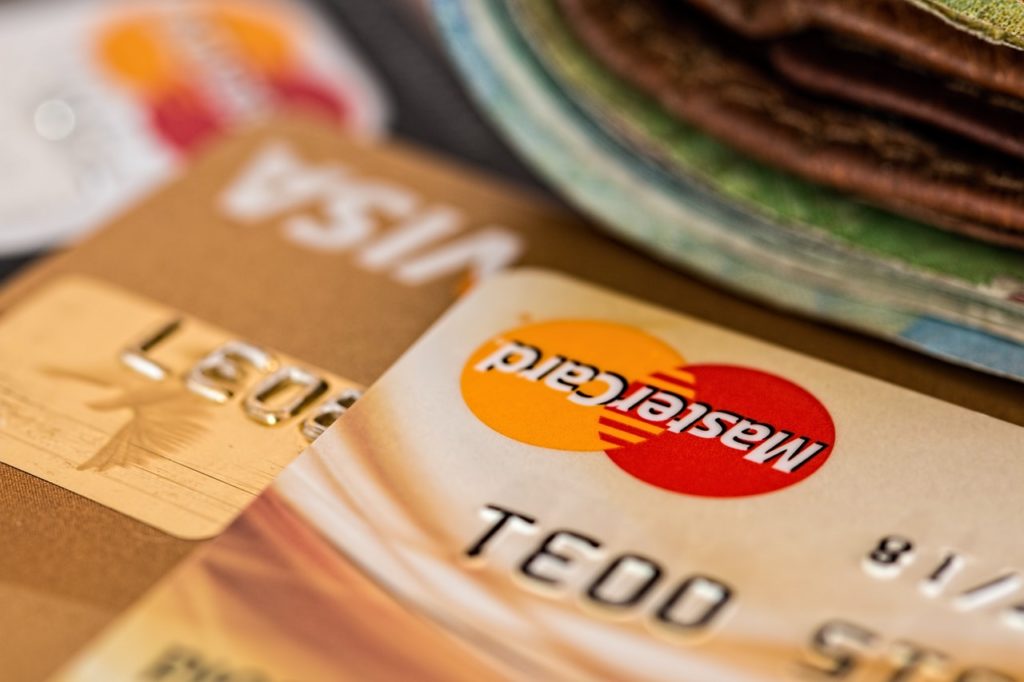
Buy Now, Pay Later Still Paying Off: One of 2020’s most unanticipated ecommerce trends, buy now pay later (BNPL) installment payment schemes, continues to show no signs of slowing down as the year draws toward a close. QuadPay, a BNPL innovator based in New York City that we featured earlier this month, just announced that it has added a new Chrome browser extension enables users to access Quadpay across all devices that can power a Chrome web browser.
“The introduction of Quadpay for Chrome will accelerate overall BNPL adoption for pandemic-weary consumers who are looking for flexible payment terms anywhere they shop without accruing new debt,” Quadpay Co-CEO Brad Lindenberg said. “It will also serve to drive new customers and increased loyalty for retailers at a critical time.”
Meanwhile, across the Atlantic, a U.K.-based startup that is trying out its own version of the buy now, pay later strategy has become the first BNPL outfit in the U.K. to be granted a consumer credit authorization with the Financial Conduct Authority (FCA).
Zilch, which was founded in 2018 by Philip Belamant, specializes in using open banking data and soft credit checks to help ensure that customers who use its BNPL service have sufficient creditworthiness and can afford their purchase. The company is partnered with Mastercard, enabling the merchant-agnostic Zilch to be used as an installment payment solution wherever Mastercard is accepted.
“Zilch was built with customer affordability at the forefront of everything we do and we have been working towards this point since our conception,” Belamant said. “Having secured our consumer credit authorization with the FCA is another step towards improving consumer financial wellness and removing credit related anxiety for our customers.”
Corn on the Card? A few weeks back we read about a $1 million investment that eco-friendly, U.K.-based search engine Ecosia made in TreeCard, a company that offers a debit card made out of wood.
And not just any wood. According to a post at the Ecosia blog, “each TreeCard will be unique, since the debit cards are made of sustainably sourced cherry wood.” The announcement notes that a single one of these trees can produce 300,000 cards.
Not to be outdone, Swiss-based UBS has introduced a credit card made out of an equally unlikely substance: corn.
Specifically, the new Optimus Foundation Credit Card Eco is composed of a plastic substitute known as PLA. This substance is derived from animal feed corn, and has a biodegradability of more than 80%.
“The transition to a more sustainable society is one of the greatest challenges of our time,” Karin Oertli, COO, personal and corporate banking and Region Switzerland, said. “UBS wants to be a part of the solution and lead the way with innovative ideas. Our new cards, which are made without plastic, are contributing to this.”
FinovateWest Digital is taking place this week. Our all-digital fintech conference runs from Monday, November 23 through Wednesday, November 25. Join us for both live and on-demand access to hours of innovative fintech demos, insightful analysis, and robust debate and discussion on the most important topics in fintech today.
